As the COVID-19 goes rampant on human civilization changing every aspect of our life; many are looking for the opportunity even in these difficult times. Although this pandemic, is the biggest challenge the human civilization has ever faced, it is giving the opportunity to work on our issues which we always neglected. In India, agriculture is the most important aspect of our lives. However, our agriculture market system layered with middlemen has always denied that fair share of the profit to our farmers. Thus, Indian farmers who enabled us to break records of production every year never really got many benefits from their achievements.
So, did you ever wonder how this pandemic is giving our farmers an opportunity to grow stronger?
Increasing the profit of farmers has always been an issue due to some complicated policy measure and followed implementation paralysis in India. The biggest hurdle in this case was our flawed agriculture marketing system which kept small and marginal farmers away from the consumers. The Standing Committee on Agriculture (2018-19) chaired Hukmdev Narayan Yadav also highlighted importance of providing better platforms for the farmers to reach their consumer directly. Consumers in this case can be households, big retailers, agro processors, exporters and commercial kitchens.
The committee highlighted that small and marginal farmers have to sell their produce to local middlemen at price below the Minimum Support Prices (MSP) announced by the Government due to various factors such as distance to the nearest Agricultural Produce Market Committee (APMC) market, dominance of middleman in APMCs, lack of transportation facilities etc. To tackle the issue, one of the recommendations by the committee was promoting agro based start-ups to improve the logistics of supply chain in agriculture. It said that barring few exceptions, there is a lack of participation of private sector in organized marketing of agriculture produce and thus it asked Government to allocate adequate funds for Agro- Startups in this segment.
To deal with the difficulty of small farmers to reach the consumers, models of farmer cooperatives and farmer producers companies like AMUL and Sahyadri Farms have also been proving their value. These cooperatives and companies opened many gates of the market for small and marginal farmers. If we look at the numbers, AMUL supports over 36 lakh farmer families of Gujarat and Sahyadri Farms has benefitted more than 8000 farmers in Maharashtra.
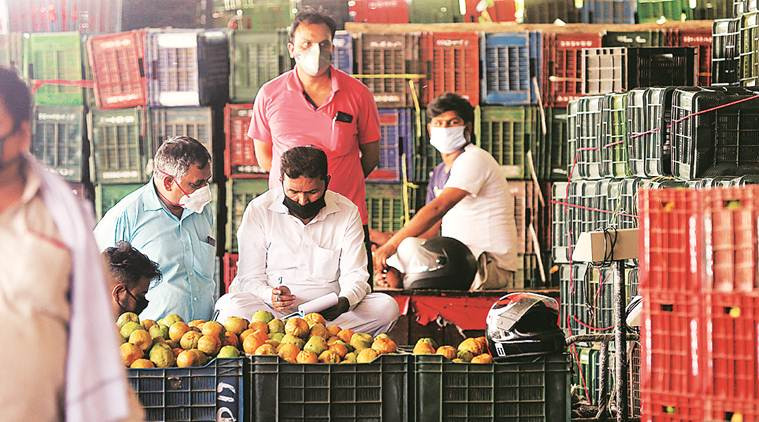 When we consider the situation of horticulture market, many a time, our urban consumers complain about high vegetable prices. On the other hand, our farmers even find it difficult to recover their basic cost of production. This problem is a result of the highly fragmented vertical supply chain in agriculture markets which has many players. Because of this, the prices of vegetables increase for the consumer but, farmers stay out from the profit game as they have to sell the produce at lower prices to the middlemen.
When we consider the situation of horticulture market, many a time, our urban consumers complain about high vegetable prices. On the other hand, our farmers even find it difficult to recover their basic cost of production. This problem is a result of the highly fragmented vertical supply chain in agriculture markets which has many players. Because of this, the prices of vegetables increase for the consumer but, farmers stay out from the profit game as they have to sell the produce at lower prices to the middlemen.
Indian government in 2016 launched E-NAM (E- National Agriculture Market) to create a unified national market for agricultural commodities. It was launched to promote better marketing opportunities for the farmers to sell their produce through online competitive and transparent price discovery systems with online payment facilities. The number of farmers as per the census of 2011 is as high as 11.86 crore. However, as per the data from the Ministry of Agriculture and Farmers’ Welfare, presented to the Lok Sabha in 2019, as on June 30 2019, more than 1.64 crore farmers had registered on E-NAM. The data showed that e-NAM, although a good initiative, has not reached many farmers in India. With all the efforts from Indian government, various FPCs and start-ups, although the situation of agriculture marketing in India is improving, the task of reforming the agriculture market is huge.
The recent outbreak of COVID-19 highlighted the lack of parallel markets to APMCs in India for selling agriculture produce. Procurement of goods like cotton, coffee is halted and the procurement of horticulture was also impacted because of the shutting down of APMCs in order to observe social distancing. This situation highlighted the urgency of creating and encouraging parallel platforms to sell agricultural produce directly to the consumer.
Managing the logistics for the smooth supplies of food grain and vegetables in this situation is a huge task but, if worked out properly, it will help the consumer as well as the farmer. Food and Agriculture Organization of the United Nations in a recent report cited example of how the Ebola outbreak in 2014 disrupted the agricultural market chains in West Africa due to movement on restrictions and food wastage in China during COVID-19 outbreak led to shortages of food and price increase. To tackle the issue it has suggested accelerating the development of e-commerce for small and marginalized farmers. Till now, although many start-ups and FPCs were trying to connect farmers to consumers through e-platforms, the picture on the demand front was not that promising. However, with recent disruption of the supply chain, growing demand for the delivery of supplies at the doorstep and rising concerns of hygiene and health has given impetus to these e-platforms.
In the starting days of lockdown, due to absence of transport and shutting down of APMCs many farmers could not take vegetable and fruits to the market and it led to wastage of perishable crops like vegetables and fruits. Videos of helpless farmers describing their miseries and crying went viral on social media. Amidst such reports some positive stories of farmers who took on the task of selling the produce on their own were circulated on social media. Some of the farmers, this time took help from various social media platforms like WhatsApp and Facebook and posted information about their produce for sell.
 The pandemic has also opened many doors for the ‘farm to plate’ supply start-ups. Although many restaurants are closed, demand from the household and community kitchens for vegetables and fruits is increasing. The fear of catching infection kept customers away from the markets, and they started to look for online deliveries of vegetable baskets at doorsteps. The opportunity was utilized by start-ups like Aker foods in Pune. Aker Foods is a start-up that provides a platform to farmers to sell their produce directly to restaurants and commercial kitchens. After 4-5 Days of the lockdown, they started getting calls from some customers who ask for deliveries of vegetables and fruits to their homes and societies. Aker Foods is one of such stories of start-ups which immediately ramped up their logistics and started the vegetable deliveries to households.
The pandemic has also opened many doors for the ‘farm to plate’ supply start-ups. Although many restaurants are closed, demand from the household and community kitchens for vegetables and fruits is increasing. The fear of catching infection kept customers away from the markets, and they started to look for online deliveries of vegetable baskets at doorsteps. The opportunity was utilized by start-ups like Aker foods in Pune. Aker Foods is a start-up that provides a platform to farmers to sell their produce directly to restaurants and commercial kitchens. After 4-5 Days of the lockdown, they started getting calls from some customers who ask for deliveries of vegetables and fruits to their homes and societies. Aker Foods is one of such stories of start-ups which immediately ramped up their logistics and started the vegetable deliveries to households.
Farmer Producers companies has always been of great help to small farmers to reach consumers directly. FPCs, with the help of social media platforms like WhatsApp and Facebook, are trying to maintain huge demand from many big housing complexes in Pune and Mumbai by providing them vegetable baskets. FPCs like Sahyadri Agro, Swami Samarth Farmers Producers Co Ltd experienced a shoot in demand for vegetable and fruit baskets at doorsteps.
As this pandemic shadows all over us, every one is trying to find the silver lining for themselves. All of these developments in the agriculture market system, amidst this pandemic are nothing but the silver linings of undercurrents showing growth prospectus for e-platforms which link farmers to the consumer.
- Jagruti Katkar, Pune.
jagrutikatkar92@gmail.com
(The writer is a freelance journalist)
Sources:
1. COVID-19 and the risk to food supply chains: How to respond?
2. Report on Doubling Farmer’s Income by 2022 - ICFA
3. Linking Farmers with Markets- Ministry of Agriculture & Farmers Welfare
4. Approaches to linking producers to markets
5. Annual Report 2018-19 - Department Of Agriculture, Cooperation & Farmers Welfare
6. Agriculture Marketing And Role Of Weekly Gramin Haats
7. Agriculture Marketing and Role of Weekly Gramin Haats - Standing Committee Report Summary
8. Aker Foods
9. Sahyadri Farms
Tags: Corona Jagruti Katkar English Agriculture Agriculture Supplies APMC E-NAM farm to plate supply start-ups Farmer Producers companies Maharashtra India Load More Tags

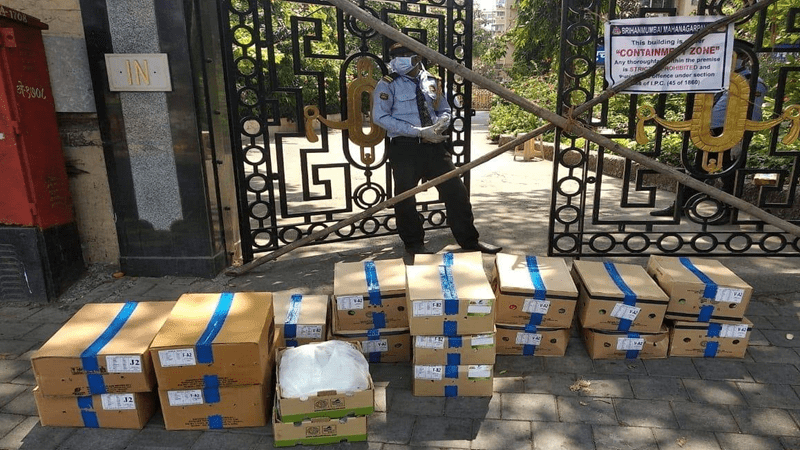




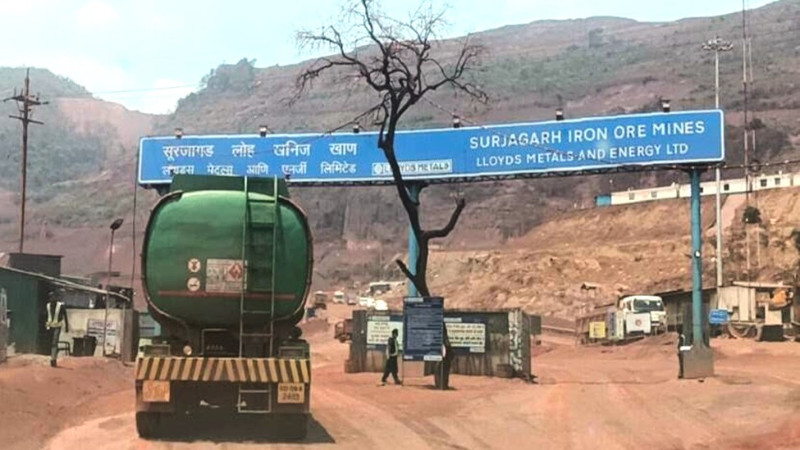




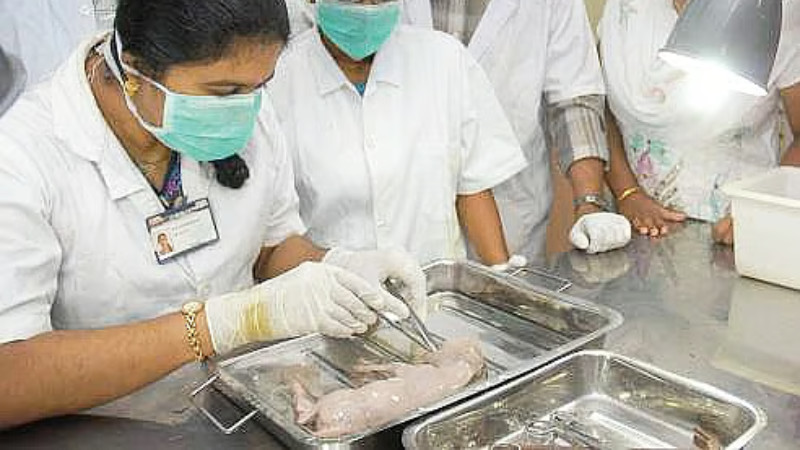





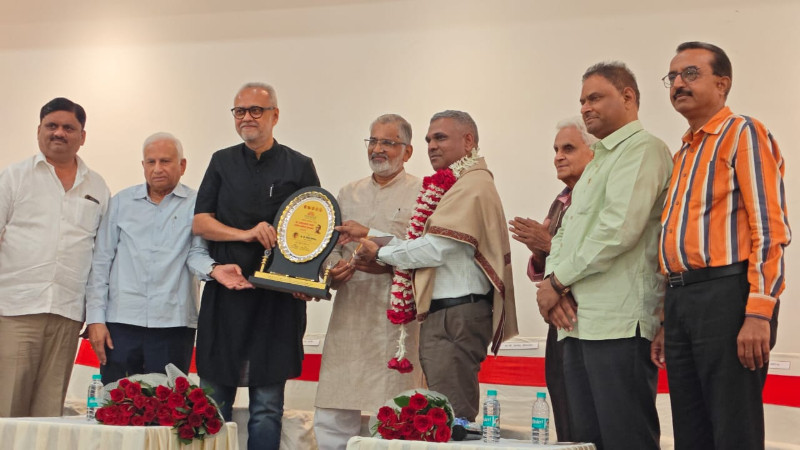
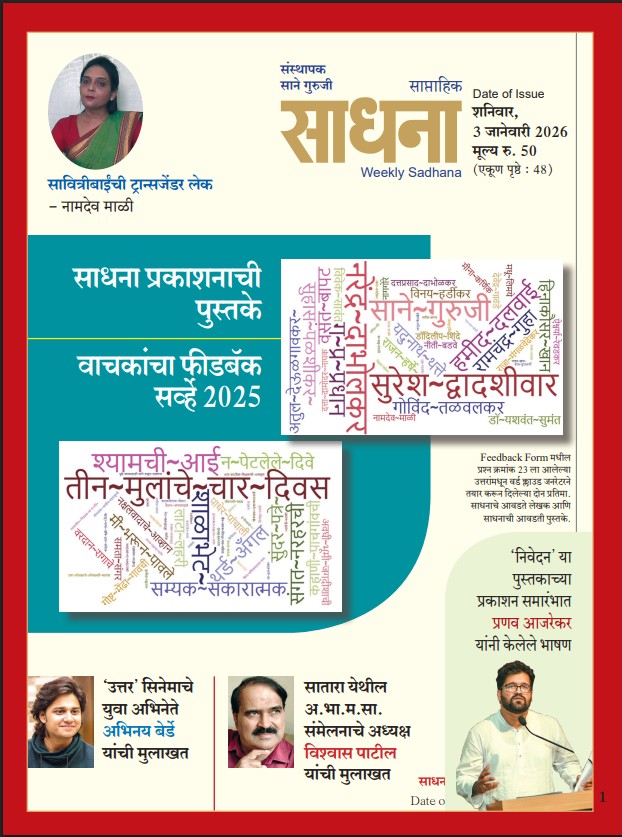













Add Comment